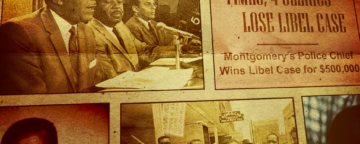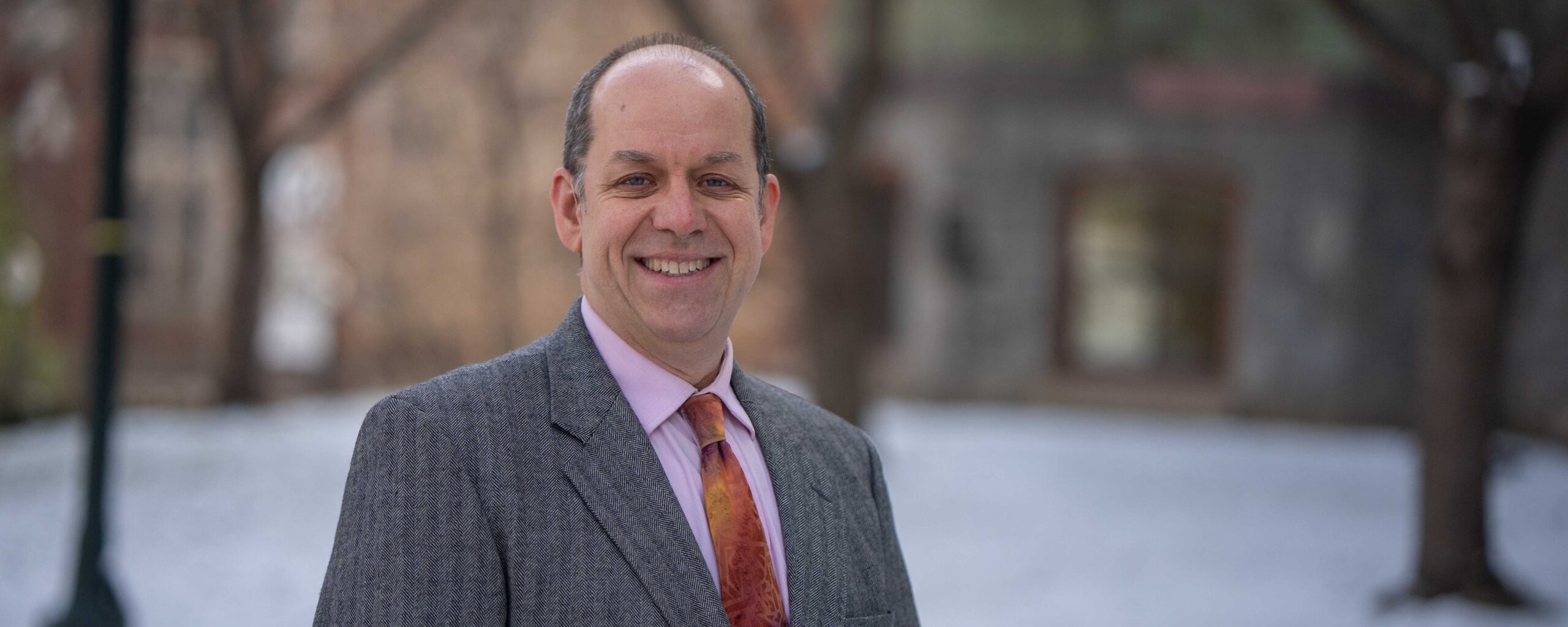
Joshua A. Tucker is Professor of Politics, affiliated Professor of Russian and Slavic Studies, and affiliated Professor of Data Science at New York University. He is the director of NYU’s Jordan Center for Advanced Study of Russia, a co-director of the NYU Social Media and Political Participation (SMaPP) laboratory, and a co-author/editor of the award-winning politics and policy blog The Monkey Cage at The Washington Post. He serves on the advisory board of the American National Election Study, the Comparative Study of Electoral Systems, and numerous academic journals, and was the co-founder and co-editor of the Journal of Experimental Political Science. His original research was on mass political behavior in post-communist countries, including voting and elections, partisanship, public opinion formation, and protest participation. More recently, he has been at the forefront of the newly emerging field of study of the relationship between social media and politics. His research in this area has included studies on the effects of network diversity on tolerance, partisan echo chambers, online hate speech, the effects of exposure to social media on political knowledge, online networks and protest, disinformation and fake news, how authoritarian regimes respond to online opposition, and Russian bots and trolls. His research has appeared in over two dozen scholarly journals and has been supported by a wide range of philanthropic foundations, as well as the National Science Foundation. His most recent books are the co-authored Communism’s Shadow: Historical Legacies and Contemporary Political Attitudes (Princeton University Press, 2017) and the co-edited Social Media and Democracy: The State of the Field (Cambridge University Press, 2020).
Abstract: How well can ordinary people do in identifying the veracity of news in real time? Using a unique research design that has involved crowdsourcing popular news articles from both mainstream and suspect news sources that have appeared in the past 24 hours to both ordinary citizens and professional fact checkers, Professor Tucker will report on the individual level characteristics of those likely to incorrectly identify false news stories as true, the results of interventions to attempt to reduce the prevalence of this behavior, and the prospects for crowdsourcing to serve as a viable means for identifying false news stories in real time. He will also report preliminary findings from a replication of this study focusing exclusively on news about Covid-19.


